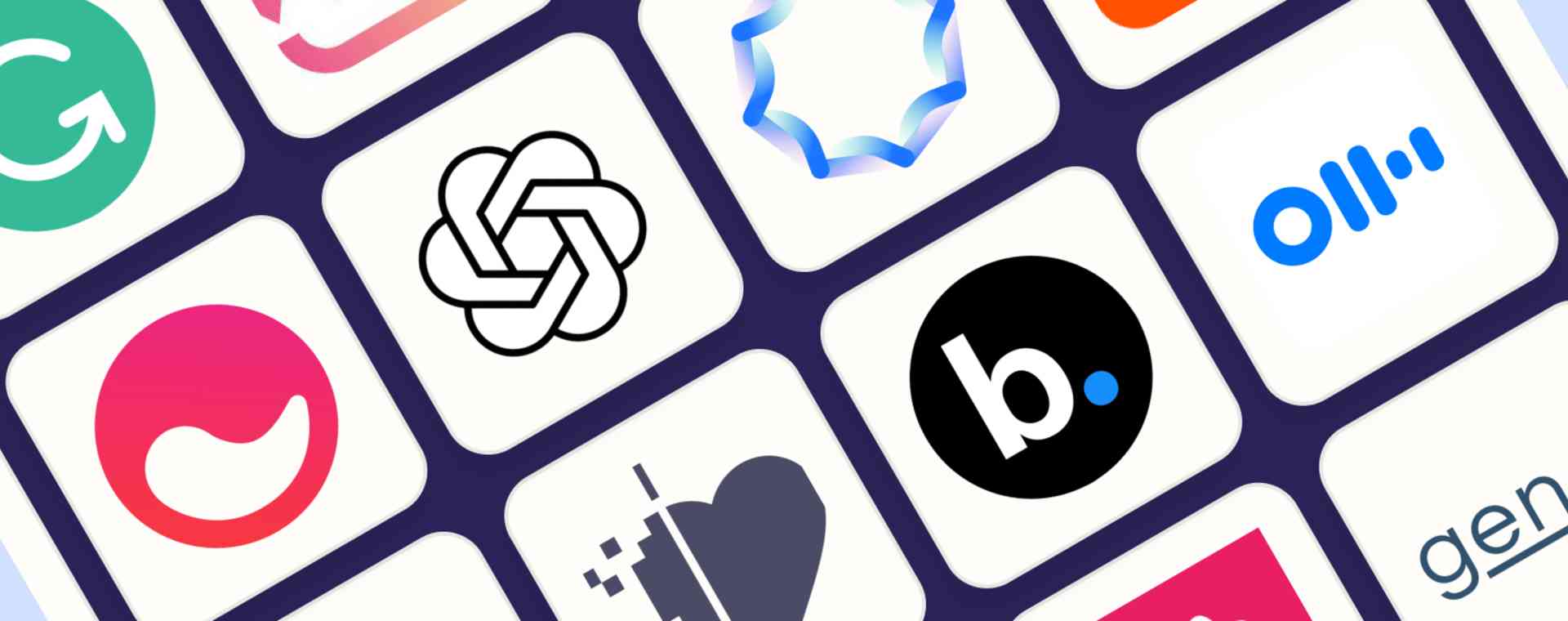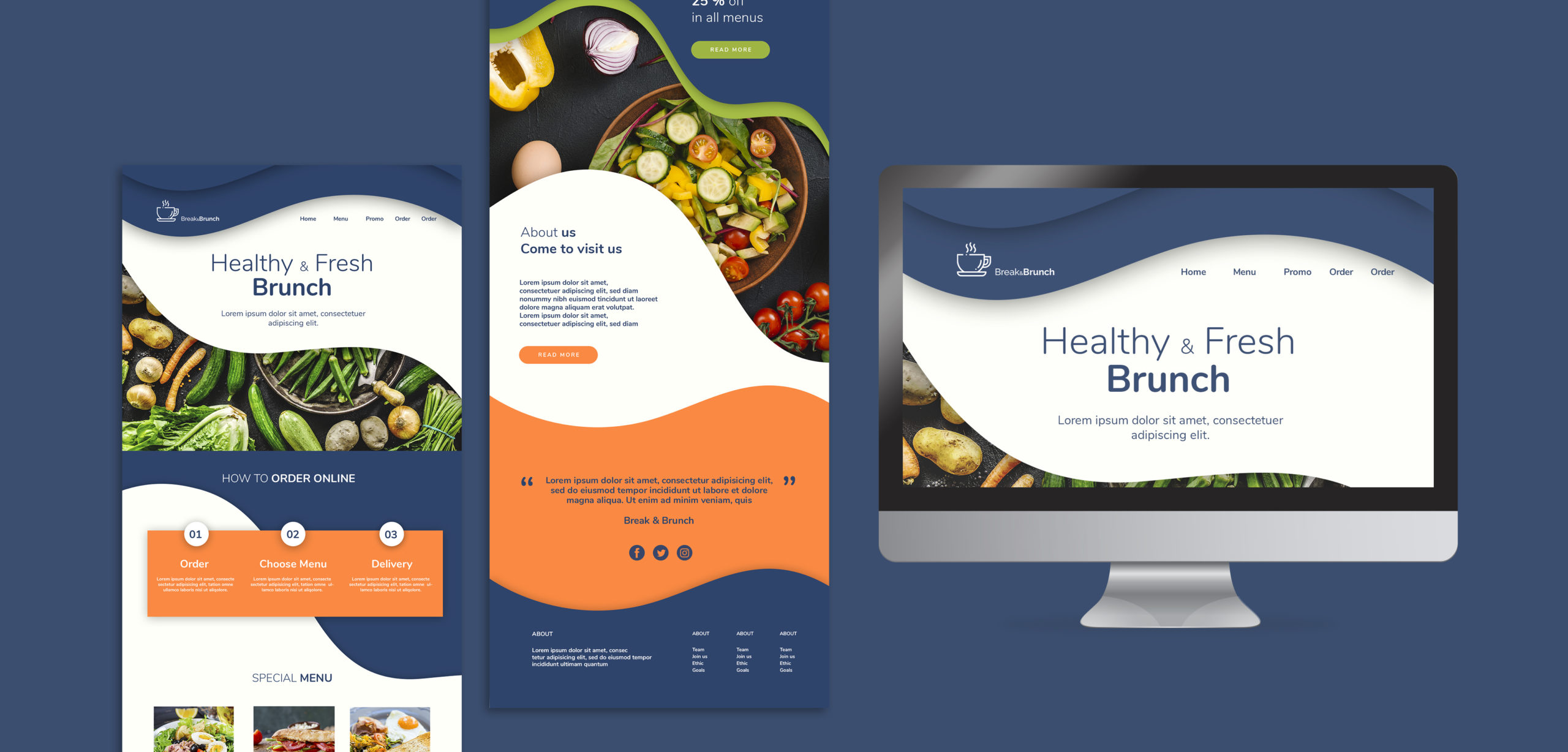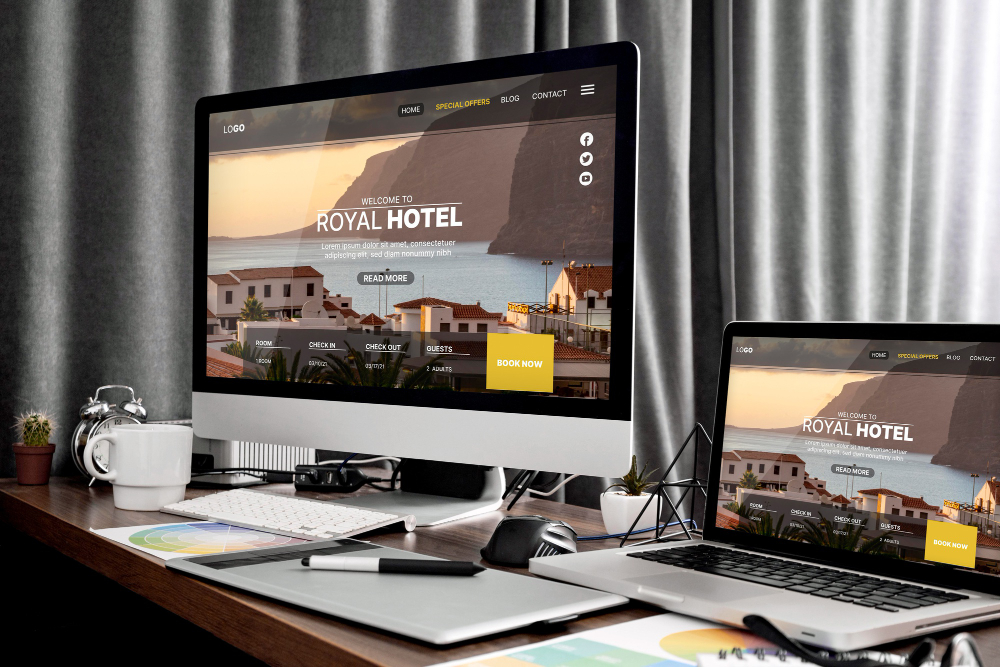Introduction
In the world of web development, choosing the right framework is crucial to ensure efficient and effective website development. With numerous options available, it can be overwhelming to make the right choice. In this article, we will guide you through the process of selecting the perfect web development framework that aligns with your project requirements and goals.
Section 1: Understanding Web Development Frameworks
What Are Web Development Frameworks?
Explore the concept of web development frameworks and their significance in modern web development. Understand how frameworks provide structure, streamline development processes, and enhance productivity.
Advantages of Using Web Development Frameworks
Highlight the benefits of utilizing web development frameworks. Discuss aspects such as code reusability, faster development cycles, community support, and scalability.
Section 2: Factors to Consider When Choosing a Framework
Project Requirements and Goals
Discuss the importance of analyzing project requirements and goals before selecting a framework. Emphasize the need for compatibility, scalability, and flexibility in meeting project objectives.
Programming Language Familiarity
Explain how your familiarity with programming languages can influence framework selection. Explore popular languages like JavaScript, Python, and PHP, and their associated frameworks.
Community Support and Documentation
Highlight the significance of community support and comprehensive documentation in the framework selection process. Discuss the advantages of frameworks with active communities and extensive resources.
Section 3: Popular Web Development Frameworks
React.js
Provide an overview of React.js, a JavaScript library for building user interfaces. Discuss its component-based architecture, virtual DOM, and popularity among front-end developers.
Angular
Introduce Angular, a TypeScript-based framework developed by Google. Explore its features, including two-way data binding, dependency injection, and extensive tooling support.
Django
Discuss Django, a high-level Python web framework known for its simplicity and scalability. Highlight its built-in features like authentication, URL routing, and object-relational mapping (ORM).
Laravel
Explore Laravel, a PHP web framework renowned for its elegant syntax and developer-friendly features. Discuss its robust routing system, ORM, and integrated testing capabilities.
Section 4: Evaluating Frameworks and Making a Decision
Learning Curve and Documentation
Compare the learning curves and available documentation for the discussed frameworks. Assess the availability of tutorials, guides, and community resources.
Project Compatibility
Evaluate the compatibility of each framework with your project’s specific requirements, such as database management, server-side rendering, or real-time updates.
Performance and Scalability
Consider the performance and scalability aspects of the frameworks. Discuss factors like caching, load balancing, and handling concurrent requests.
Conclusion
Choosing the right web development framework is crucial for successful website development. By considering factors such as project requirements, programming language familiarity, community support, and documentation, you can make an informed decision. Remember to assess the popular frameworks like React.js, Angular, Django, and Laravel based on their features and compatibility with your project. Let your choice empower you to build robust and scalable web applications.
Frequently Asked Questions (FAQs)
- How do I decide between front-end and back-end frameworks?
- Can I use multiple frameworks within a single project?
- Are there any frameworks specifically designed for mobile app development?
- What are the security considerations when using web development frameworks?
- How do frameworks affect website performance and page load times?
- Can I migrate from one framework to another without rewriting the entire codebase?
- Are there frameworks suitable for e-commerce website development?
- How do I choose between a microframework and a full-stack framework?









